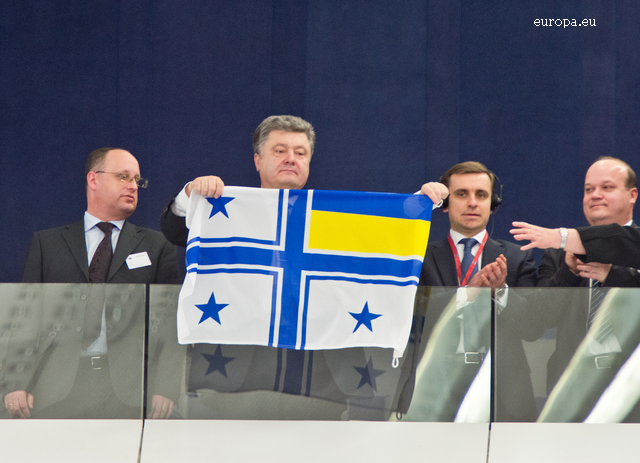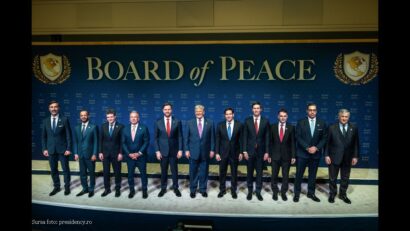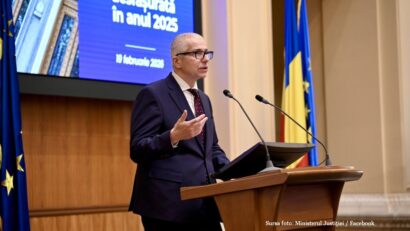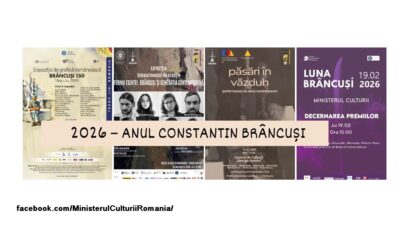Presidential Elections and the Future of Ukraine
Ukraine has a new president, but its problems are yet to be solved.

Bogdan Matei, 26.05.2014, 13:12
After two months of chaos, Ukraine tried to return, on Sunday, to being a functioning state. Early this year, under the pressure of pro-Western protesters, Viktor Yanukovych left power, leaving bloodshed and confusion behind. In March, the provisional authorities in Kiev were reduced to powerless witnesses of Russia’s annexation of Crimea in the south. In April, Kiev launched what they called an anti-terror operation against the pro-Russian secessionist militants in the east of the country, but according to experts the operation failed to bring the rebel regions back under Kiev’s control.
The presidential election, won by businessman Petro Poroshenko, was a proof that, tired of the uncertainty, Ukrainians needed a leader with broad political legitimacy. They gave the new president more than 55% of their votes in the first round, convinced by his balanced message. Passionate, unpredictable, controversial, his main opponent, the former PM Yulia Tymoshenko, only managed to get little over 10%.
Born in the west of the country, in Bolgrad, and aged 48, Poroshenko is dubbed Ukraine’s “Chocolate King,” and has wealth put at 1.6 billion US dollars. He was a constant supporter of the pro-European path, while also pleading for normal relations with Russia. Asked whether his first visit as Ukraine’s president would be to Brussels or to Moscow, he said it would be to Donbas, the heartland of the secessionist movement. His top priority, as he said, is to end the conflict in the east of the country, where elections were virtually boycotted: in the regions of Donetsk and Lugansk, only a handful of polling stations were open.
Nonetheless, according to analysts quoted by Radio Romania’s correspondent in Kiev, the high turnout figures confirm the legitimacy of the election. The dialogue with Russia, the new Ukrainian president said, will have to be mediated by the US and the European Union, and will be based on the idea that Ukraine is free to choose its future. In Moscow, president Vladimir Putin said Russia would recognize the choice of the Ukrainian people, would respect it and would cooperate with the new leaders in Kiev. Although overshadowed by the elections for the European Parliament, the presidential election in Ukraine was hailed by Western European capitals as fair and free from major incidents. “The election was free and fair,” said the president of Romania Traian Basescu as well, congratulating his new Ukrainian counterpart.






























